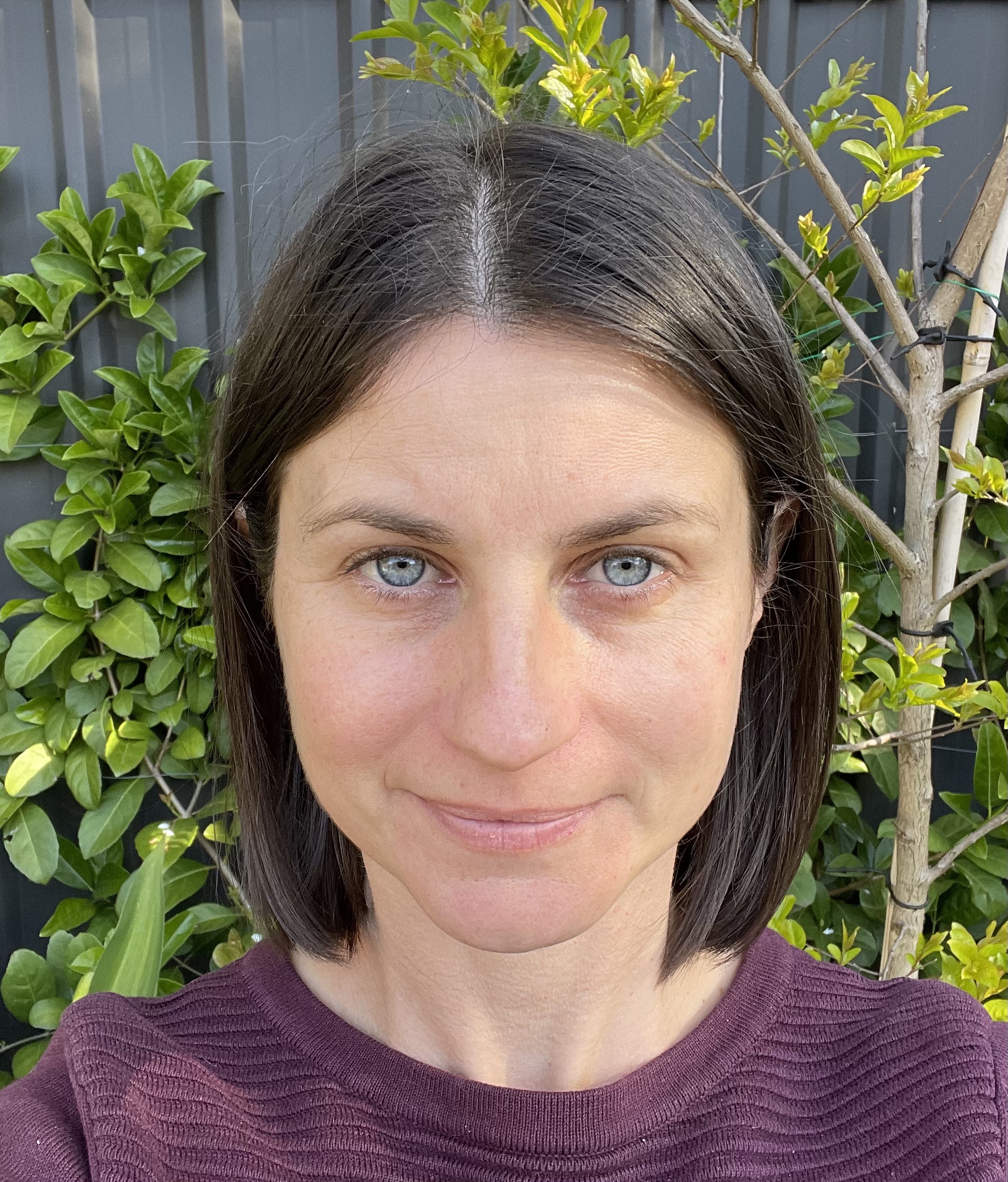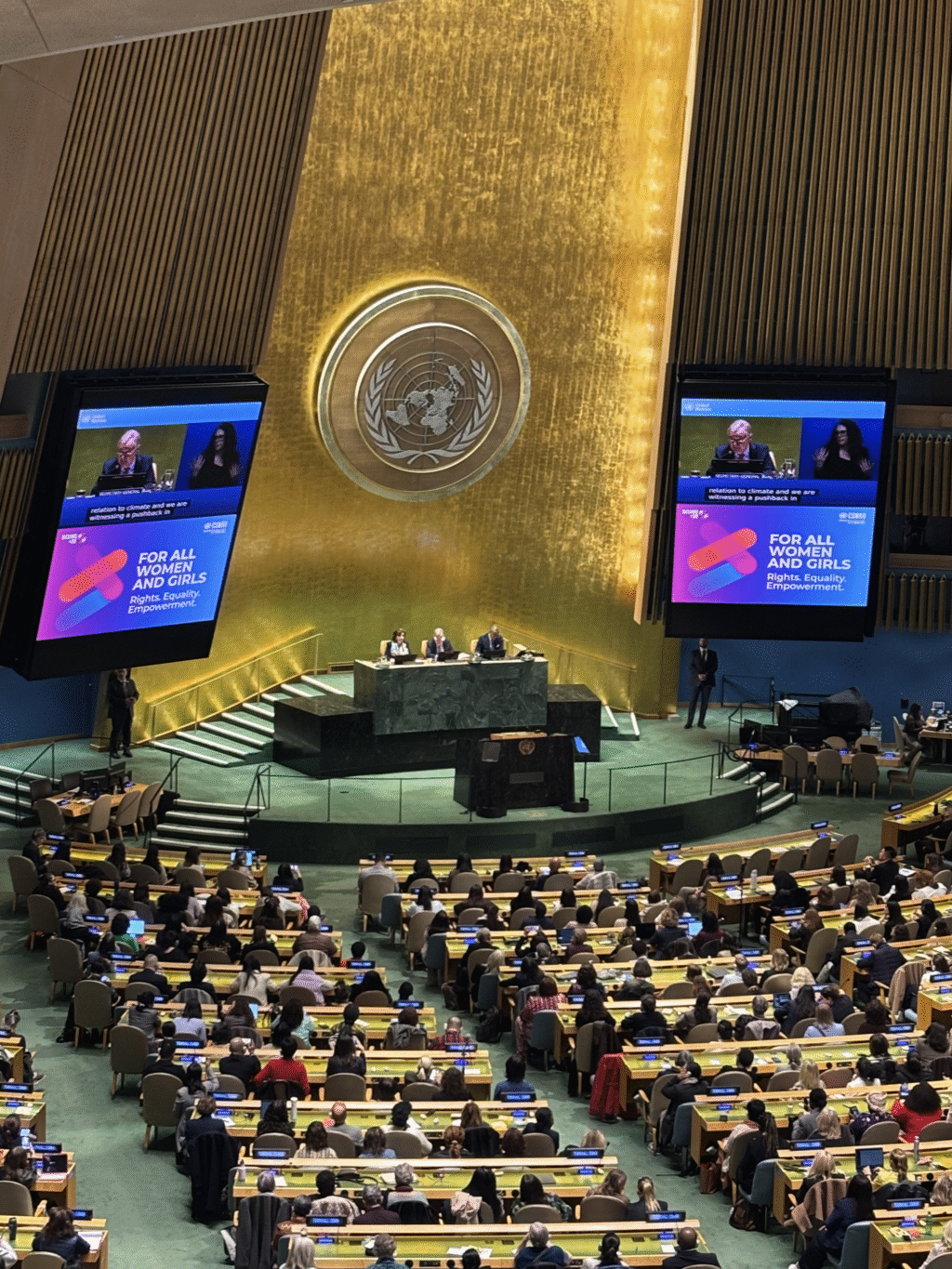Under the Microscope – Dr Jantina Manning
18 January 2024ATN casts a spotlight on UniSA’s Dr Jantina Manning, a Research Fellow at the Centre for Cancer Biology

ATN spoke to Dr Jantina Manning, a Research Fellow at the University of South Australia.
What drove you to your field of research?
In my undergraduate degree, I became fascinated with biology and biochemistry. This led me to pursue a PhD, where I studied a new gene that our lab identified as being important in the cell cycle. The intricacies of this process enthused me, however, as is often the case in research, I was delving into other projects on the side. Serendipitously, I discovered that one of the genes I had been investigating had major implications for kidney development. This was a striking and novel finding, and led to the formulation of my current research investigating what goes wrong in kidney disease, at the genetic and cellular level, in particular in chronic kidney disease and diabetic kidney disease. Given the massive burden of these diseases and the ineffectiveness of current treatments, I have been compelled and privileged to continue researching in this area.
Do you have a surprising or fun fact to share from your research?
Our kidneys filter about 180 litres of blood every day, and from this 1.3 kg of salt is reclaimed back into the body!
Your research has led you to identifying an enzyme that is critical to kidney health – what was involved in this research?
Research in my lab began many years ago, with the discovery of a new family of genes. We have discovered that one of these, an enzyme called NEDD4-2, is important in many cellular and physiological processes. Initially, we began by characterising how this enzyme works; what it does to other proteins within the cell and what happens when it isn’t working properly. We then explored what happens in animal models and found that this enzyme is critical for a healthy kidney. We are continuing to explore the importance of this enzyme in kidney disease with the hope that this knowledge can be used to generate earlier diagnoses and better treatments in the future.
What do you believe is most important about the work you undertake at UniSA’s Centre for Cancer Biology?
I am very privileged to work in the Centre for Cancer Biology, UniSA. Together with my colleagues and supervisor, we are working to understand what goes wrong in kidney disease, and how this can be detected and corrected. So many people are living with kidney disease and are searching for better treatments. We are striving towards generating the basic knowledge that can hopefully be translated into the clinic in the near future.
How much time do you spend on a university campus? What excites you about working within a university campus?
I spend 4-5 days a week at UniSA’s Bradley Building and the CityEast campus, shared between my research laboratory, office, and teaching classes. Although I work with amazing staff, it is the eagerness and exhilaration of the students that excites me the most. I am thankful that these students constantly challenge and remind me how incredible research can be.

What do you think is the biggest challenge facing higher education and research in Australia?
In the health sciences field, it is becoming increasingly difficult to obtain research funding. As a grant-funded scientist, I am relentlessly writing funding applications to support my research, taking up to 50% of my time at certain parts of the year. It is a challenge to produce graduates who are competitive within this field, to conduct exemplary research and also promote the importance of their work.
Do you have a hobby?
I love gardening. Despite living on a city-sized block and being constantly plagued by too much heat or too much shade, I enjoy trying to improve my crops year after year.
Can you tell us of a book, film or TV show you recently read or watched that you would recommend and why?
Lessons in Chemistry, by Bonnie Garmus. This book, and recent TV series, appealed to my nerdy science nature, as well as my humour and simple pleasure of being hooked on something.
What’s your dream holiday destination and why?
Anywhere in Croatia. I went to a conference a few years ago in Cavtat, Croatia, and was captivated by the charm and beauty of this village. Amazing seafood, beautiful rocky coastline, stunning scenery and quiet. The walled city of Split, just a few hundred kilometres from Cavtat, known for its natural wonders, architecture and history is at the top of my holiday list.
What would you say to a student about to begin their higher education journey in 2024?
Work hard, but enjoy this time. I studied intently during my higher education to set myself up for the future. It does make a difference for employment opportunities. But I also look back fondly on my university days as they were full of friends, flexibility, and plenty of free time. Once you enter the work force, some of this flexibility, and certainly free time reduces substantially.

